Fans who loved or disliked Man of Steel and Batman v Superman: Dawn of Justice are uniting in praise of the latest DC superhero film, Wonder Woman. Now, E. Stephen Burnett, Austin Gunderson, and author Kerry Nietz reunite (from last yearâs two-part article Badfan v Superman: Top Ten Movie Myths) to explore and compare the three super-films.
Beware: we will spoil all of these films, including Wonder Woman.
E. Stephen Burnett
Do you all want to do this again, regarding why we liked Wonder Woman and how it actually fits into the DCEUâs existing plans? We an also touch on the idea of media trends and the dominant âthese movies need to be Fixedâ narrative.
Austin Gunderson
Iâm down.
Kerry Nietz
(Thumbs up.)
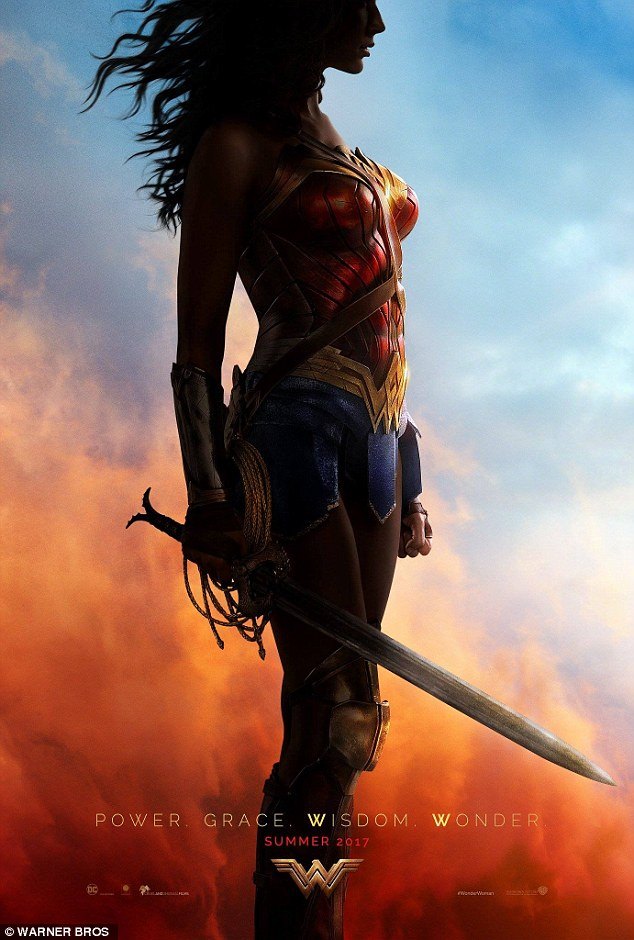 Warrior princess v the god of war
Warrior princess v the god of war
E. Stephen Burnett
First off, what did either of you think of Wonder Woman? Both by itself, and then on the context of the DCEU so far?
Austin Gunderson
I consider Wonder Woman a worthy installment of the DECU. Though some clunkily-implemented plot devices kept it from attaining the polish of MoS/BvS, the thematic continuity with its predecessors is strong.
The character arc of Diana Prince is in many ways a variation on Kal-Elâs journey in Man of Steel: the reaction of a naive deity to the realities of human evil.
Of course the circumstances are quite different this time around. For example, Diana chooses her exile rather than having it thrust upon her, and doesnât get told by an adoptive father to conceal her true powers lest the world reject her), and as a result we get to enjoy the blatant Christianization of Ancient Greek mythology, a humorous fish-out-of-water narrative, and plenty of droll banter (I love banter!).
One of the best plot-points was the filmâs ultimate subversion of its black-and-white, evil-Germans-vs-good-Brits setup. This was huge for me, as Iâd spent the majority of the film gritting my teeth at its two-dimensional portrayal of World War I as a struggle between normal people and demon-possessed Nazis. Little did I realize I was viewing the war through Dianaâs inexperienced, idealistic eyes, and that she was about to get the conceptual rug yanked out from under her. Itâs at the filmâs climax, when Diana at last understands that unalloyed justice will require the eradication of the human race, that things get truly interesting.
Kerry Nietz
Yes, definitely a worthy installment, and doubtless the most linear plot-wise. In fact, I remember thinking in the middle of the movie that it seemed to be hitting the plot beats near-flawlessly. I thought the actors were excellent and well-suited to their roles. I loved the nobleness of Dianaâs character and the humbleness of Steveâs. Really liked the fish-out-of-water stuff in both directions. All and all, an enjoyable movie and a good introduction to the least familiar member of the DC triad.
My biggest complaints with the movieâand this has often been a problem for superman tooâis that the villain almost didnât seem big enough, and that her path to stopping him didnât seem clear enough. That was one thing BvS was superior in. The ultimate villain(s) were big and bad, and the way to stop them made sense in the context of the story. When the coup de grace happens, the audience should have that âah ha, of courseâ moment. That didnât really happen for me with Wonder Woman.
Along with thatâand probably part of thatâwas the lack of a clear theme. Despite their flaws, both BvS and MoS were clearer in that regard, I think.
And the dialog was more quotable. Wonder Woman had a couple lines at pivotal times that sort of fell flatâfor instance âItâs not about what you deserve, Itâs about what you believe.â I know if I went back and watched again, Iâd find the global context of that line, but in the movie I was like âthat was a jumble of words that sound good, but ultimately have little meaning.â Like âup with peopleâ and âgood is great.
E. Stephen Burnett
And naturally, Iâm with both of you here: I loved Wonder Woman, and plan to see it again in theaters. Sheâs an awesome hero, and indeed refreshing to behold. Posters promised she would offer âPower. Grace. Wisdom. Wonder.â And she did.
The film is appropriately a little different from the first two DC Extended Universe (DCEU) films. But my early concerns that this would be the first DCEU film that tries to be âmore like Marvelâ (in a negative sense) were put to rest.
Yes, thereâs more âbanter,â and a more balanced showcase of humanity. After all, Diana is raised in a functional âfamily,â not like her future super-allies Clark and Bruce, and Steve Trevor is a retro-hero. But instead of distracting from the narrative, these humorous moments enhanced the story and its heroes. Whereas such moments would have been out of place for the story(ies) the first two films wanted to tell.
I disagree a little on Kerryâs view of our villain. Some folks found him underwhelming. (And we wonât give spoilers here!) Maybe an effect similar to the âMandarin effectâ (from Iron Man 3) is happening here.
I found the twist fascinating, and in line with the filmâs singular themeâwhich I also thought was beautifully pronounced.
The theme helps answer the central question many people miss about the first two films: Who are true heroes, and how does a realistically beautiful yet cruel world respond to them? But Wonder Woman begins to answer that question. And at just the right time for many fans who wanted to enjoy the first two films, but couldnât, or who simply did not understand their purposes.
Kerry Nietz
I liked the twist. I suspect part of his underwhelming nature has to do with lack of familiarity too. General Zod, Lex Luthor, and Doomsday are villains with street cred, so to speak. If they show up, they bring the weight of decades of badness with them. Wonder Womanâs villain didnât have that, and isnât easily defined by a flannelgraph rendering.
I fear the same might be true with Thanos in Avengers: Infinity War. In the comics he brought decades of badness. In the movies weâve gotten lots of sitting and nodding at the camera. I would prefer it if I had a bit of trepidation of him before the movie started.
 Austin Gunderson
Austin Gunderson
Since my only criteria for a twist villain is that he/she/it be badder than the ostensible villain, Wonder Woman exceeded my expectations (while Iron Man 3 most certainly did not). This was due partly to Wonder Womanâs hackneyed lameness of the ostensible villain, and partly to the high value I place on intellectually-persuasive villainy.
Despite some incongruous visuals and anachronistic personal grooming, the ultimate baddie in Wonder Woman is intimidating largely because he/she/it makes a concerted effort to suborn Diana in service to an environmentalist utopia. This appeal to justice is so strong, and so inarguable, that it forces her to rely on love as the moderating virtue, and to unite love with justice in the defense of humankind.
E. Stephen Burnett
Agreed. And when Ares begins to share his worldview, the story is moved from the usual superhero-movie effort at simpler villains, e.g. fighting family members or interpersonal conflicts. Thereâs a place for those kinds of stories. But itâs pretty clear the DCEU creators want to explore more ideological conflicts.
Perhaps this is part is the reason why many fans (even those who otherwise like these films) get stuck on the motives and actions of General Zod, or Lex Luthor, or now Ares. Without âangry family memberâ or âvengeful enemy,â it takes more effort to understand these villains.
Wonder Woman v âBatman v Supermanâ?
If we want to move on, then, to the filmâs place in the DCEU, what think we of articles like this one? Earlier this article was shared on the SpecFaith Facebook page. And itâs a fairly typical example of whatâs now a common (and somewhat predictable) media narrative:
- Man of Steel and Batman v Superman were controversial/terrible, but Wonder Woman is awesome.
- Wonder Woman the movie represents a âtonal shiftâ that all DCEU movies need to follow, or else people wonât like them.
- Wonder Woman, the virtuous and good heroine, is what we should have been seeing in Superman and Batman all along. Whatâs wrong with you, director Zack Snyder? Do you really hate fun? Hate Superman? Only want to show us grays and darks and suffering?
- The success and different tone of Wonder Woman is entirely isolated from the stories that came before, rather than part of a relatively cohesive creative vision (Snyder included!) that was put together before BvS even released.
- People would embrace Wonder Woman, the movie and its story, the same way had it not been preceded be those two more-challenging stories that helped reset expectations.
Any initial reactions to the articleâs notions and assumptions, or in others youâve seen?
Iâll start: this article assumes we should only get one type of linear, closed-loop superhero story. And I donât understand why people seem to assume this is what they are supposed to want from this particular genre. And I donât get why people assume these stories are not part of a cohesive meta-story. Like one great movieâor at least a super-version of several episodes of a prestige television drama.
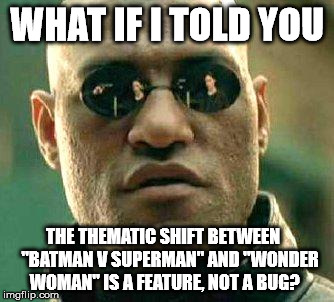 Folks, the Wonder Woman story difference with MoS and BvS is not a bug. Itâs a feature!
Folks, the Wonder Woman story difference with MoS and BvS is not a bug. Itâs a feature!
Also of note, DCEU writer Geoff Johns was asked to comment on the filmsâ differences in another article:
[Geoff] Johns: ââWonder Womanâ celebrated exactly who the character is, but looking at it, itâs not like we should change everything to be about hope and optimism. Thereâs nothing to change. Thatâs what these characters are.â
Kerry Nietz
Good article.
E. Stephen Burnett
I donât mind that they threw Suicide Squad under the bus.
Kerry Nietz
Yes, thereâs another movie where they missed on the villain. If the Joker is in the movie, then somehow, he should end up being the big bad at the end.
Austin Gunderson
When examining the motives of DECU characters, Iâm reminded of a quote commonly attributed to Eleanor Roosevelt:
âGreat minds discuss ideas; average minds discuss events; small minds discuss people.â
If we ignore for a moment the condescension dripping from this statement, we can see that it taps into truth.
People are parochial. An interpersonal conflict or simple revenge story, for instance, carries no broader implications. It may be entertaining to watch, but its relevance is limited to the belligerents directly involved. Only when it starts making statements or drawing inferences about the broader human conditionâi.e. discussing ideasâdoes it aspire to timelessness.
And this is what the DCEU has been intent on doing. Excepting Suicide Squadâwhich I have no plans to seeâthe continuity of idea-based conflict runs seamlessly between films.
In both Man of Steel and Wonder Woman, for instance, our heroes are presented with a vision of an Earth without humans. Zod wants to enlist Kal-El in service to New Krypton; Ares wants to suborn Diana to implement New Eden. These are ideas that must be thrown down, not mere individuals. And yet, in both cases, individuals trump ideas: only our heroesâ human love relationships enable them to resist temptation. The contagion is detached, analytical; its antidote is embodied. Not only is true love revealed through action, but it must be experienced to be known. âWe love because He first loved us âŠâ
This is a heavy thread that runs through all three films, though not every love relationship can feed off romantic tension and sexual chemistry like Dianaâs flame for Steve. Thatâs the easy, the obvious link, the one that reviewers latch on to. When the connection is made through memory, through a distorted and idolized filial devotion that sees meaning even in something as ephemeral as a name (âMartha!â), a little more perceptual effort may be required of the viewer. But the idea is the same.
Kerry Nietz
Good observations, Austin.
Donât get me started on revenge plots. I hate that all three Star Trek movies were revenge plots. While I realize there is a place for such plots, Star Trek isnât it.
Austin Gunderson
Totally agree about Star Trek. For a property thatâs historically been about ideas, even one revenge story was pushing it. Three in a row is proof the franchise no longer has any aspirations beyond a quick buck from the international market.
E. Stephen Burnett
The third one was about more than revenge, though. Our foe was a bit more ideological. Even Darwinian. It just took a while to learn this.
Austin Gunderson
Mm. I lost interest after Body-Swapped Wrath of Khan (i.e. Star Trek Into Darkness), and never saw it.
E. Stephen Burnett
The third new Trek film is definitely more about ideas, while still hosting pulse-pounding action moments. I was pleasantly surprised. And itâs all more meaningful for it.
What did you all think of this reading from that Polygon article?
Beginning with the alternate creation myth in which humanity is built in the image of a benevolent Zeus, Patty Jenkinsâ film assumes that people are compassionate. Even the villains are afforded a relative degree of humanity. The German soldiers are not evil, but are merely under the influence of the manipulative God of War. People on both sides of the conflict are misguided yet noble, and Diana willingly defends her utopian vision of what humanity could be at its best instead of what it sinks to at its worst.
Austin Gunderson
Well ⊠thatâs part of it. But Ares makes it quite clear he wasnât doing anything other than amplifying peopleâs preexistent inclinations. Diana recognizes the truth of this, but decides that Aresâ prescription â total justice via eradication of the human race â is worse than the disease.
What Diana rejects is a utopian vision. Her compromise position is bittersweet. No longer under the delusion that people are bad only when prompted by Ares, she realizes that by siding with humanity sheâs overlooking human sin. But sheâd rather try to fix mankind than destroy it and start over.
E. Stephen Burnett
Exactly. And honestly, I think this writerâs and many other viewersâ preconceptions are so strongâthat humans in the world are really, deep down, nice peopleâthat we cannot fathom when a story begins to challenge this belief. So we call the story automatically âgrimdark,â or âbrooding,â or âcynical,â or mindlessly deconstructive, without paying attention to where the story is actually going. In this case the meta-story goes in a redemptive direction that actually feels earned for a change, rather than merely expected and demanded out of some sense of , well, potentially, geek-entitlement and/or instant gratification.
Austin Gunderson
One of the things that seems to get lost whenever one abandons the acknowledgement of human depravity is the concept of mercyâthat is, of undeserved forbearance.
Instead, one has to pretend that most people are made essentially good by their good intentions, and that no oneâwith arbitrarily-allocated exceptionsâreally deserves to die. And so in a case like this, typical reviewers must reinterpret whatâs right in front of their noses in order to make Dianaâs actions not about her compassion, but about the purported compassion of everyone else. This makes no sense, but itâs a small price to pay for moralistic therapeutic universalism, I guess.
Kerry Nietz
As to the Polygon article, it is clearly all speculation on the authorâs part. He doesnât know (nor do we, really) what Snyder and Goyer and Johns intended from the beginning. But I suspect there was an intent to deconstruct and separate from what Marvel was doing. If you read this article (from June 2013), Man of Steel director Zack Snyder talks about what he was trying to achieve:
“When we started to examine the Superman mythology, in the most classic sense, I really wanted to press upon the film the ‘why’ of him, which has been 75 years in the making,” Snyder told CNN. “The Christ-like parallels, I didn’t make that stuff up. We weren’t like, ‘Hey, let’s add this!’ That stuff is there, in the mythology. That is the tried-and-true Superman metaphor. So rather than be snarky and say that doesn’t exist, we thought it would be fun to allow that mythology to be woven through.”
Hereâs a question: Is Christâs story grimdark? In some ways, absolutely. If you were looking at it from the perspective of the average Hebrew of his time, it was frighteningly grimdark. Here we have a man who lived on the outskirts of society, who obeyed the law of the land, who healed, fed and genuinely cared for peopleâdid all the things that a âgoodâ Hebrew was supposed to doâand was crucified for it! So looking at it from that perspective, without the meta-story, one could easily conclude that altruism doesnât pay. Why would anyone do all those things? Why stand out? Why bother?
Lately Iâve been reading Randy Alcornâs Heaven book, so in some ways this all dovetails with what Iâve been studying. I think the most interesting question for this series at this point is: What will Superman be when he gets back? How will that change him? My guess is that there will be a tone shift, a positive outlook that lifts the entire team. The skeptics will say âSee! They adjusted to fit Wonder Womanâs toneâ but the creators may say âThat was our intent all along.â
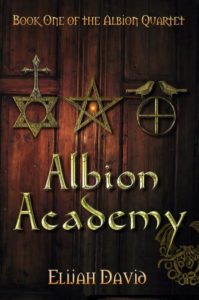
 Elijah David works as a copywriter and content editor at a Chattanooga advertising agency. He holds an MA in English (UTC) and is a member of the Chattanooga Writer’s Guild. An avid reader of fantasy, he started writing Albion Academy when a trio of fictional characters grabbed his attention and wouldn’t let go. He is currently working on the second of four planned books in the world of Albion Academy. In addition, he edits and contributes to the Tolkien journal Silver Leaves. As far as he knows, Elijah’s only magical ability is putting pen to paper.
Elijah David works as a copywriter and content editor at a Chattanooga advertising agency. He holds an MA in English (UTC) and is a member of the Chattanooga Writer’s Guild. An avid reader of fantasy, he started writing Albion Academy when a trio of fictional characters grabbed his attention and wouldn’t let go. He is currently working on the second of four planned books in the world of Albion Academy. In addition, he edits and contributes to the Tolkien journal Silver Leaves. As far as he knows, Elijah’s only magical ability is putting pen to paper.
































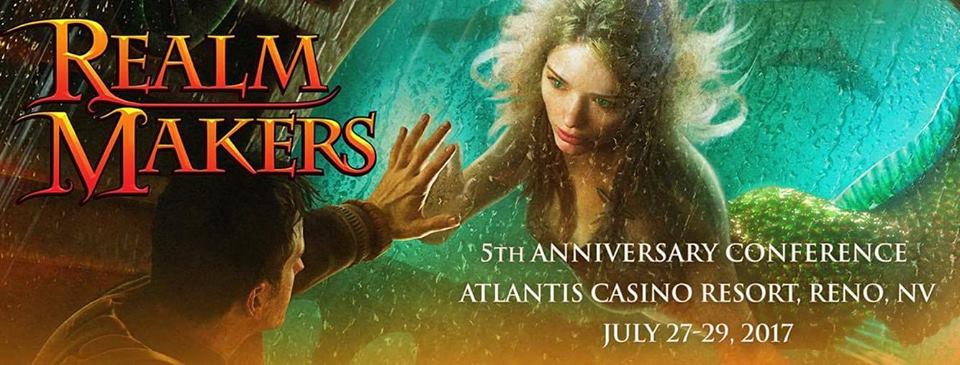


 Once again I want to express my appreciation to all who entered this year’s summer writing challenge and to all who gave their feedback in the preliminary rounds.
Once again I want to express my appreciation to all who entered this year’s summer writing challenge and to all who gave their feedback in the preliminary rounds. 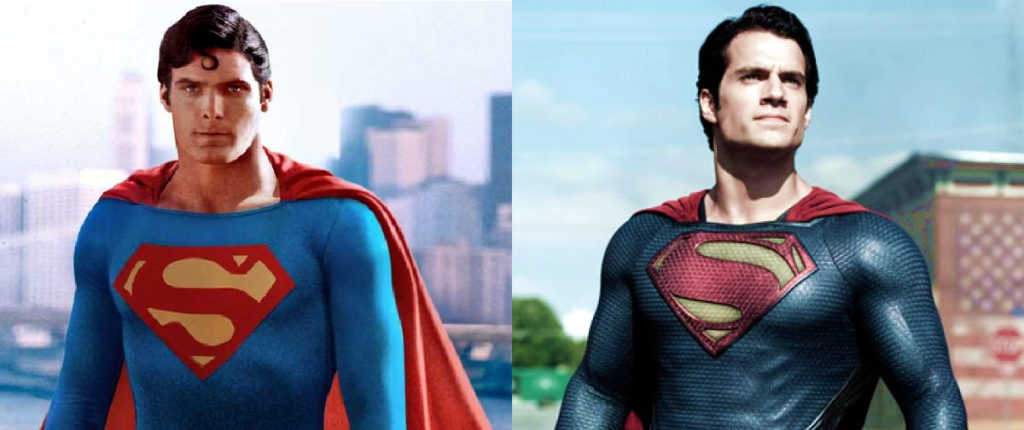

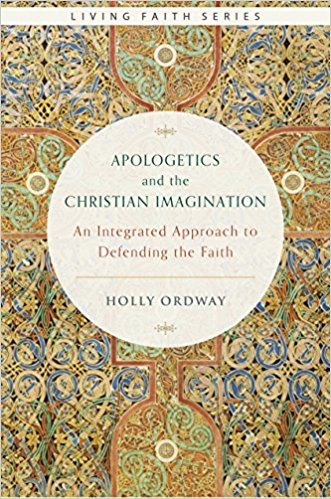 Duran quoted Holly Ordway’s book, Apologetics and the Christian Imagination:
Duran quoted Holly Ordway’s book, Apologetics and the Christian Imagination: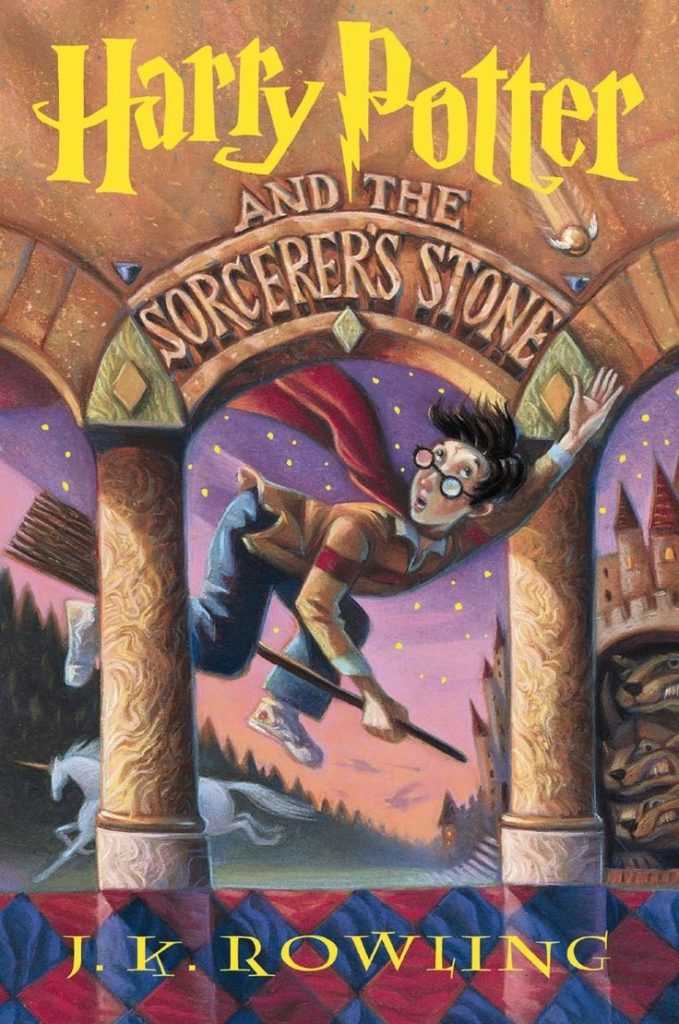
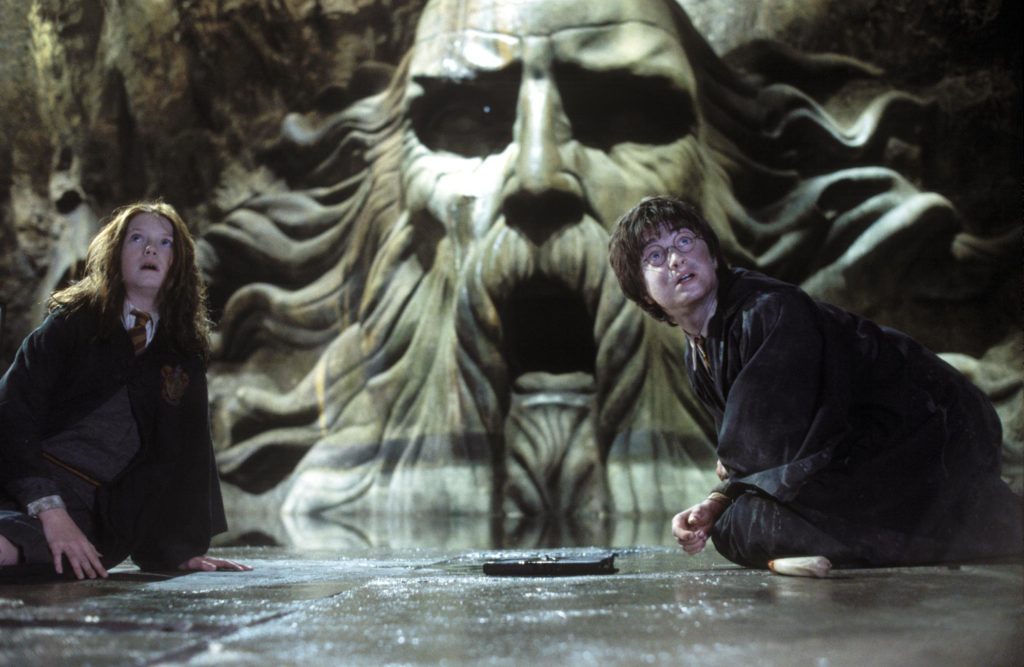 My wife recalls going to a Christian speaker at her library. He specifically warned about Harry Potter and the Chamber of Secrets, aghast that Rowlingâs world portrays a witch (Ginny Weasley) using a magic book to allow her body to be taken over by an invisible dark spirit. (For some reason, he did not recognize the story actively condemns this behavior.)
My wife recalls going to a Christian speaker at her library. He specifically warned about Harry Potter and the Chamber of Secrets, aghast that Rowlingâs world portrays a witch (Ginny Weasley) using a magic book to allow her body to be taken over by an invisible dark spirit. (For some reason, he did not recognize the story actively condemns this behavior.)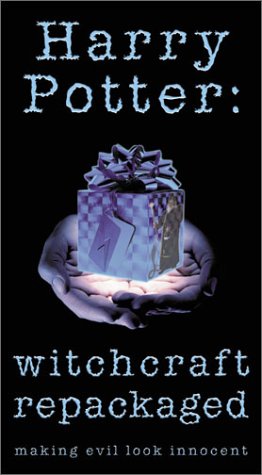
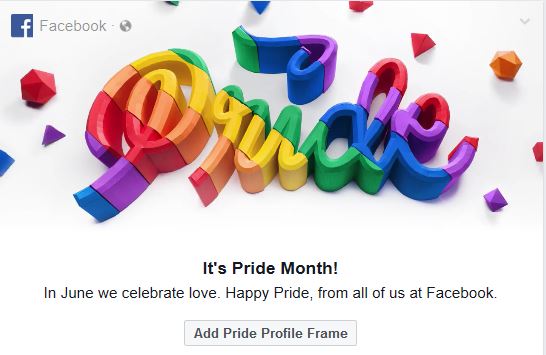



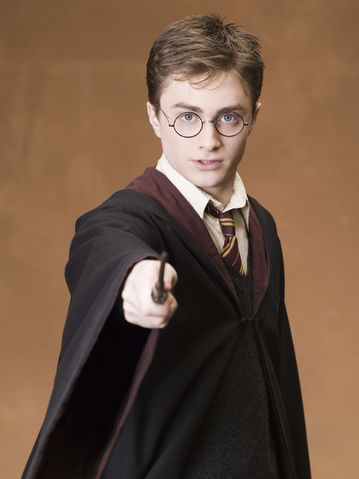


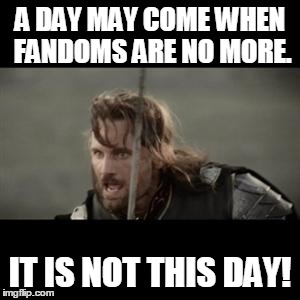

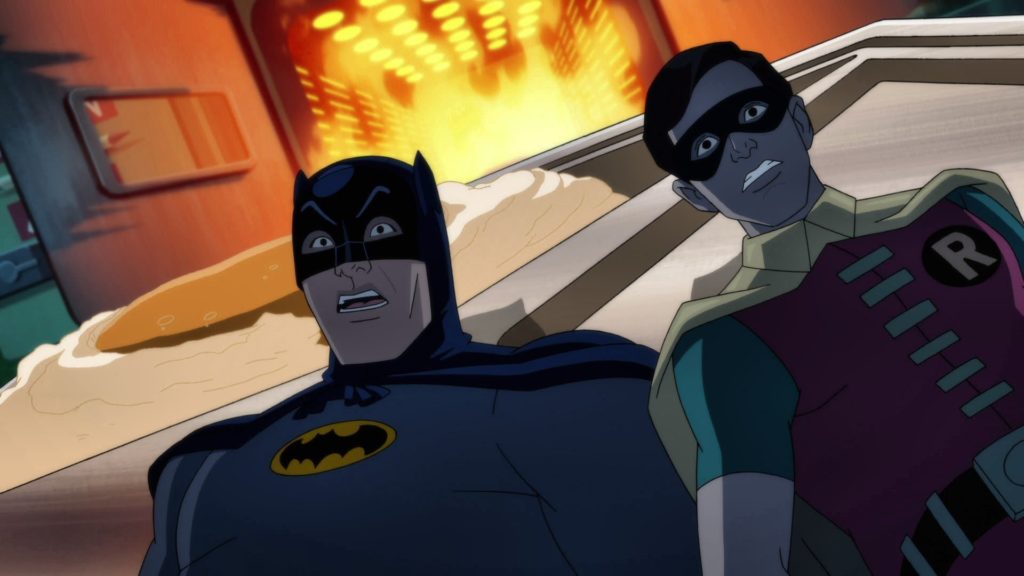
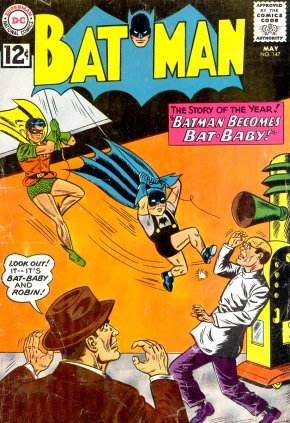
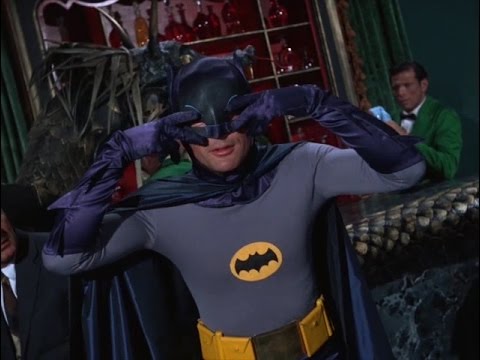 When I was young, my dad let my brother and I read Disney comics, but told us superhero comics were off-limits. How then did I become interested in superheroes and comics later in life after being âdeprivedâ as a child? It was through Adam Westâs performance as Batman.
When I was young, my dad let my brother and I read Disney comics, but told us superhero comics were off-limits. How then did I become interested in superheroes and comics later in life after being âdeprivedâ as a child? It was through Adam Westâs performance as Batman.
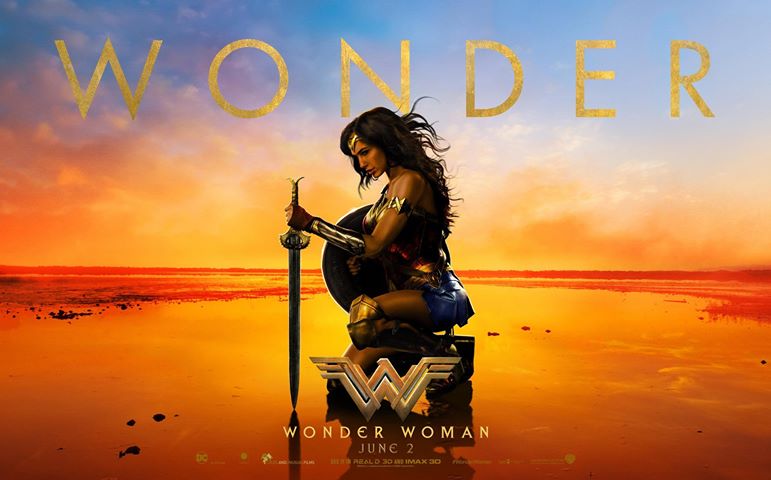
 Warrior princess v the god of war
Warrior princess v the god of war Austin Gunderson
Austin Gunderson Folks, the Wonder Woman story difference with MoS and BvS is not a bug. Itâs a feature!
Folks, the Wonder Woman story difference with MoS and BvS is not a bug. Itâs a feature!

